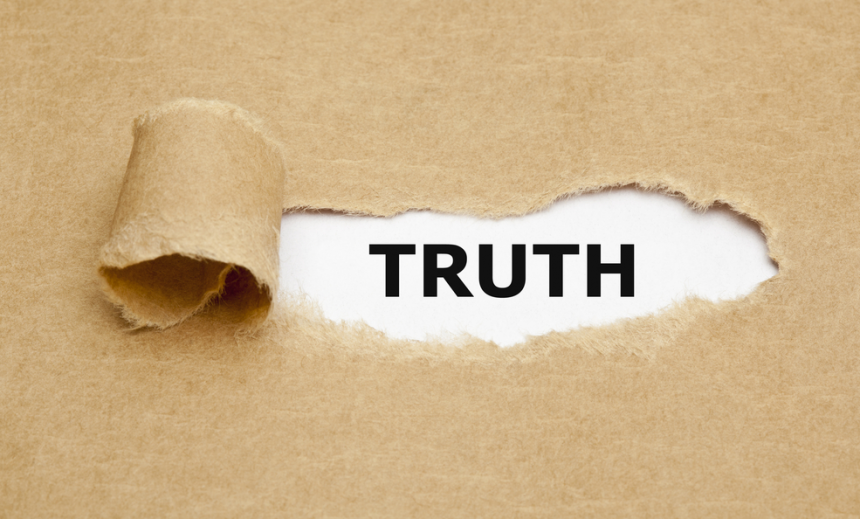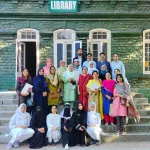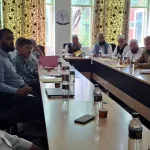VOICES BENEATH
In a world increasingly dominated by curated appearances, algorithmic content, and weaponized narratives, the question that looms over contemporary literature is no longer just what is said but what is real. The cacophony of the digital age has not only drowned out nuance but also posed a direct challenge to the very act of writing truth. Yet, in this very storm of distortion and distraction, literature finds a renewed purpose: to become the voice beneath the noise, the whisper that unsettles, and the torchbearer of authenticity in an era of illusions.
The truth has always had adversaries—kings, empires, orthodoxy—but today, its greatest enemy is the soft tyranny of constant distraction. The modern human is bombarded with images, reels, sound-bites, and pseudo-news that simulate engagement but evade depth. As reality is sculpted and sold by media conglomerates, influencers, and political machinery, writers are confronted with the responsibility of preserving the moral clarity and human empathy that these manufactured realities seek to blur.
From the fog of this modern confusion, literature must emerge not merely as a mirror, but as a lamp. The role of the writer, once a chronicler or observer, has become that of a resistant spirit—one who must cut through propaganda, digital narcissism, and linguistic manipulation to arrive at emotional and philosophical truths. The essays of George Orwell and the poetry of Faiz Ahmed Faiz, though born in different contexts, echo this urgency. They remind us that truth-telling through art is a form of rebellion, especially when facts themselves are bent into tools of control.
Today’s manufactured realities are not only political; they are deeply personal. The self, once understood through introspection and experience, is now increasingly constructed through digital projections. Platforms like Instagram or X (formerly Twitter) reward simplicity, outrage, and performative virtue, reducing the complexity of human suffering or joy to click-worthy slogans. In such a climate, literature becomes a sanctuary of slowness and reflection. It allows us to re-engage with the intimate, the contradictory, the unresolved—elements that digital culture finds inconvenient.
Contemporary writers like Arundhati Roy, Ali Smith, Elif Shafak, and in the Indian subcontinent, Manan Kapoor or Mirza Waheed, demonstrate how literature can both reflect and rupture the surface narratives of our time. Roy’s ‘The Ministry of Utmost Happiness’ is not merely a novel but a kaleidoscopic resistance against official versions of history and state-authored grief. Shafak speaks often of how storytelling is an act of political defiance in Turkey, where memory and truth are carefully policed. These writers do not offer simplistic resolutions; instead, they dive into the very messiness that the noise seeks to erase.
Kashmir, too, stands as a stark example of a reality layered with distortions. The poetic truth of Kashmir lies not in news bulletins or data charts, but in its sighs, silences, and the unwritten trauma carried in generations. Literature from and about Kashmir often functions as counter-memory—where the personal becomes political, and silence itself becomes a form of speech. In curated national narratives, Kashmir is often flattened into a slogan or policy; in its literature, it breathes, mourns, remembers, and resists. This dynamic gives the Kashmiri writer a dual task: to represent a reality that is often denied visibility and to resist the temptation of reducing it to victimhood alone.
Manufactured realities also come cloaked in the language of morality. There is a growing tendency to package half-truths in ethical-sounding phrases—”national interest,” “public safety,” “family values”—while suppressing dissent and homogenizing diversity. Writers, by reclaiming language from such manipulations, perform a quiet but vital revolution. Literature must insist on ambiguity, on the coexistence of contradictions, and above all, on the right to ask questions that institutions prefer remain unasked.
But writing truth is no longer just an act of intellect—it demands courage. Journalists and writers have been imprisoned, trolled, silenced, or worse, for daring to reveal inconvenient truths. In such a landscape, literature becomes a form of slow, enduring resistance. The short stories of Saadat Hasan Manto, once attacked for obscenity, now appear prophetic in their moral clarity. His characters, drawn from the underbelly of Partition, refused to play by sanitized narratives of nationalism. His truth was not always polite, but it was never false. Today’s writer, too, must learn to be unfashionably honest.
Equally important is the idea of listening. Amidst the din of digital expression, where everyone is shouting to be heard, the writer’s task is often to become a listener—to history, to marginalized voices, to inner silences. The contemporary world desperately needs literature that listens to the pain of migrants, the loneliness of urban youth, the alienation of indigenous communities, the ecological devastation of rural life, and the muted rage of women in patriarchal societies. It is this act of listening that transforms writing from mere narration to communion.
It must be said, however, that literature does not offer escape. Rather, it offers confrontation. Confrontation with what is deliberately ignored: with death, decay, aging, exile, and the inner void. In the midst of a culture obsessed with perpetual happiness and glossy perfection, literature affirms the right to mourn, to fail, and to not know. It tells us that imperfection is human, and that reality, unlike propaganda, is not meant to be airbrushed.
In schools and universities, it becomes essential to restore literature’s place not as an ornamental subject but as the moral compass of civilization. Through Dostoevsky, we confront guilt; through Baldwin, we understand race; through Mahasweta Devi, we hear the tribal voice long ignored; through Agha Shahid Ali, we feel the loss of homeland. These are not academic exercises—they are acts of soul-work. And in a world that risks losing its soul to screens, metrics, and spectacle, such work becomes sacred.
It is tempting, in such an overwhelming age, to retreat—to believe that words no longer matter, that literature is a relic. But that would be to surrender to the very machinery of noise that seeks to numb us. The pen, though quieter than the algorithm, has a reach far deeper. Stories shape sensibilities. Poems become prayers. Essays open up interior spaces where readers meet their own conscience.
The truth in literature need not always be literal. Sometimes, fiction carries truths that journalism cannot. Myth, metaphor, and fantasy often reveal what statistics cannot touch. Gabriel García Márquez’s magical realism, for instance, was not escapist but politically subversive. Kafka’s nightmarish bureaucracies mirrored the absurdity of modern institutions. Today’s writers must likewise find new forms to meet new falsities.
We are living in a time when histories are rewritten in real-time, identities are manufactured in echo chambers, and attention is the most contested resource. In such a moment, the literary act is both a resistance and reclamation. To write truth today is to believe, stubbornly, that humanity is more than its hashtags and more enduring than its headlines.
Let the noise roar. Let the screens flicker. Somewhere, in a quiet room, a writer carves a sentence that refuses to lie.
(Author is RK Columnist and can be reached at: [email protected])







